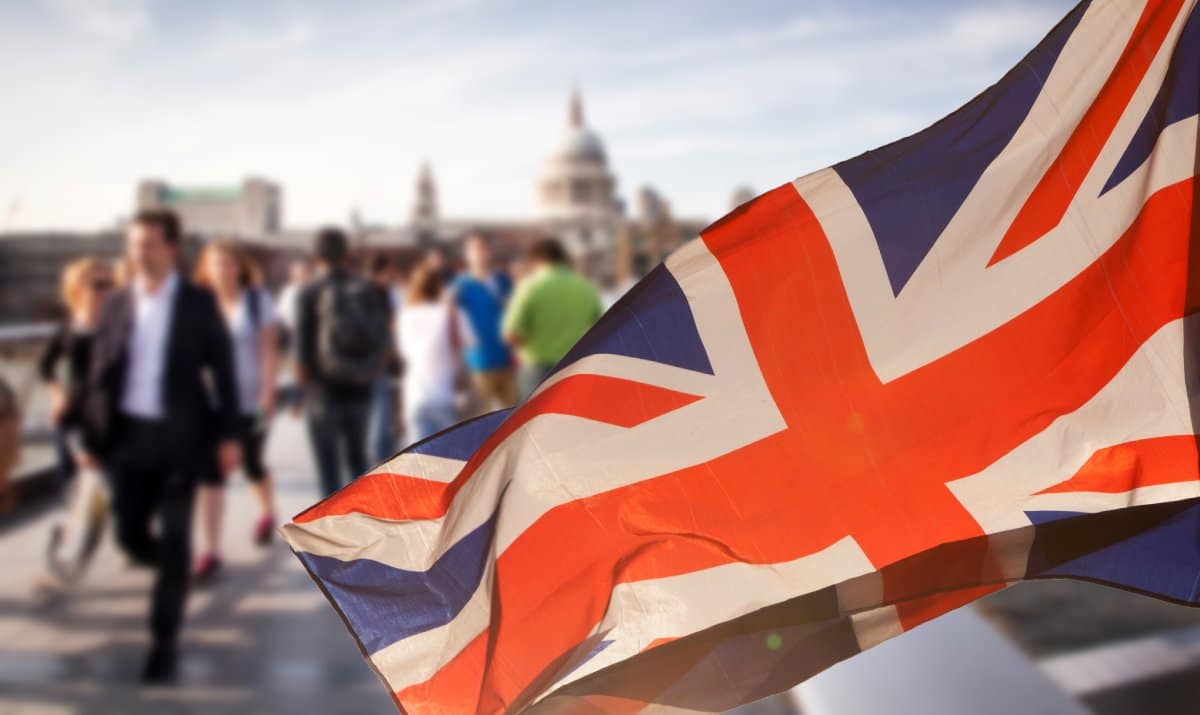Britain has always been proud of its history, clever ideas, and being fair. But these days, many people feel the country isn’t doing so well. So, why has the once ‘Great’ Britain struggled to stay great?
1. Surge in Austerity Measures

Initiated in 2010, austerity measures have deeply impacted public services. The cuts have led to a notable decline in the quality and availability of healthcare, education, and housing.
2. Rising Housing Prices

The cost of housing in Britain has skyrocketed, making it increasingly difficult for the average Brit to own a home. This has contributed to a growing sense of economic disparity.
3. Weakening NHS

Once the pride of Britain, the NHS has faced underfunding and staffing shortages, leading to longer wait times and reduced patient care standards.
4. Increased University Tuition Fees

The decision to raise university tuition fees has placed a heavier burden on students and their families, sparking widespread protests and debate about the accessibility of higher education.
5. Growth in Food Banks
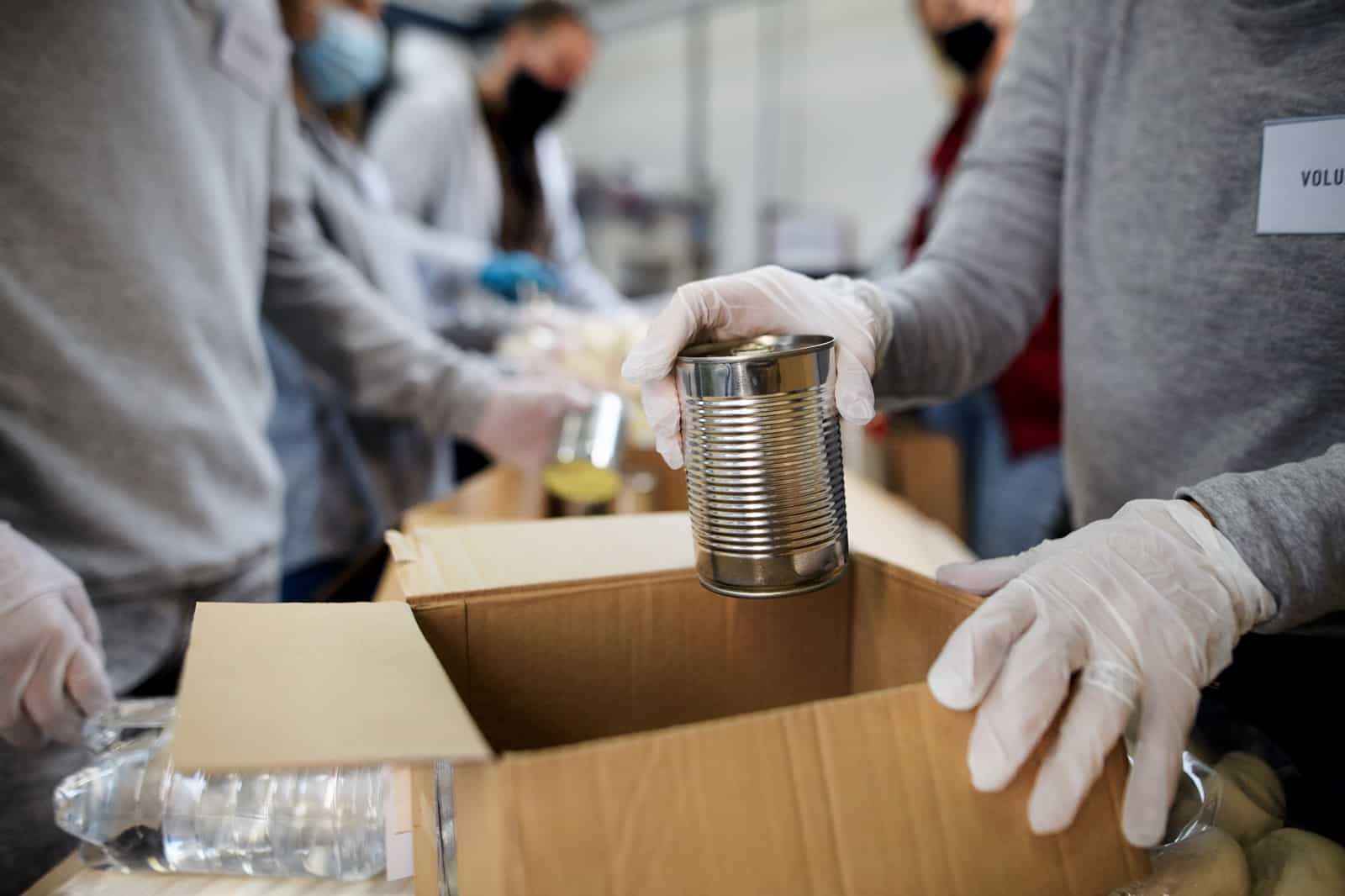
The rising dependency on food banks has highlighted the growing issue of food insecurity in the UK, questioning the effectiveness of the welfare system.
6. Reduced Social Mobility

Social mobility has stalled, with fewer opportunities for people from lower-income backgrounds to rise through the ranks, contrary to the British ideal of ‘fair play’.
7. Decline in High Street Retailers

The high street has seen a decline, with iconic retailers closing down, a symbol of changing economic conditions and consumer habits.
8. Underfunded Public Transportation
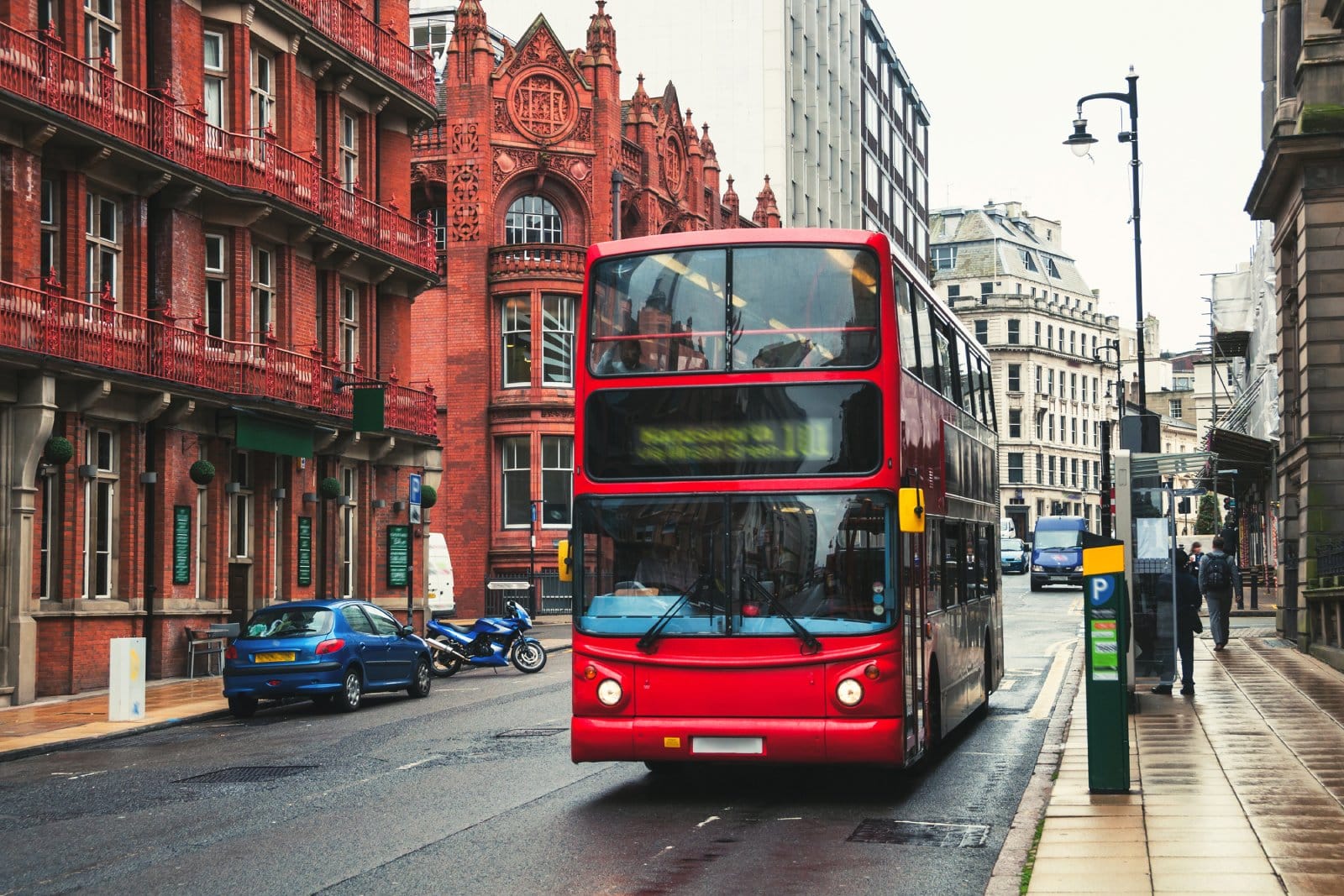
Public transport, particularly trains and buses outside of London, has suffered from underinvestment, leading to unreliable service and discontent among commuters.
9. Widening Wealth Gap

The wealth gap has significantly widened, with the richest continuing to prosper while the average Brit finds it harder to make ends meet.
10. Struggles for the Youth

Youth services have seen cuts, leading to fewer safe spaces and recreational opportunities for young people, which has had a knock-on effect on community cohesion.
11. Environmental Concerns Overlooked

Environmental policies have not kept pace with global standards, raising concerns about Britain’s commitment to combating climate change.
12. Increase in Homelessness

Homelessness has risen dramatically, a visible sign of the social and economic issues that are increasingly prevalent in urban and rural areas alike.
13. Erosion of Workers’ Rights

There has been a perceived erosion of workers’ rights, with more people finding themselves in unstable and low-paid work without sufficient legal protection.
14. Mental Health Crisis

Mental health services are struggling to cope with demand, and the stigma surrounding mental health issues remains a barrier to accessing care.
15. Diminished Global Influence

Post-Brexit, Britain’s influence on the global stage has waned, affecting everything from trade relationships to international diplomacy.
16. Challenges in Law Enforcement

Police forces have been overstretched and underfunded, impacting their ability to maintain law and order and protect citizens effectively.
17. Reduced Local Government Funding

Local governments have faced significant funding cuts, limiting their ability to provide essential services and leading to a postcode lottery in public service provision.
18. Deteriorating Child Welfare

Child welfare and protection services have suffered from budget cuts, compromising the safety and wellbeing of vulnerable children.
19. Loss of Cultural Funding
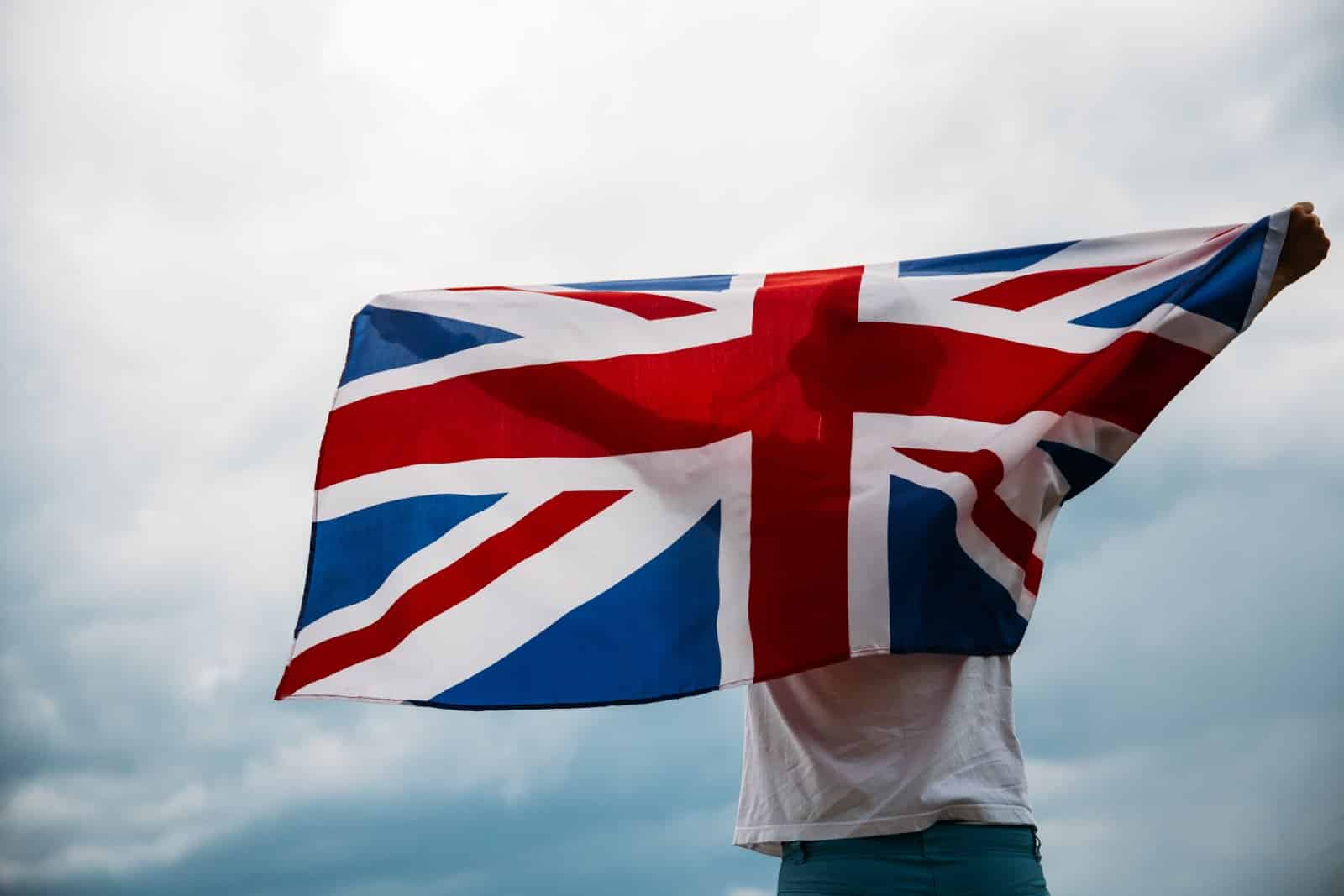
Cuts to cultural funding have threatened the arts sector, diminishing Britain’s cultural output and accessibility to the arts.
20. National Identity Crisis
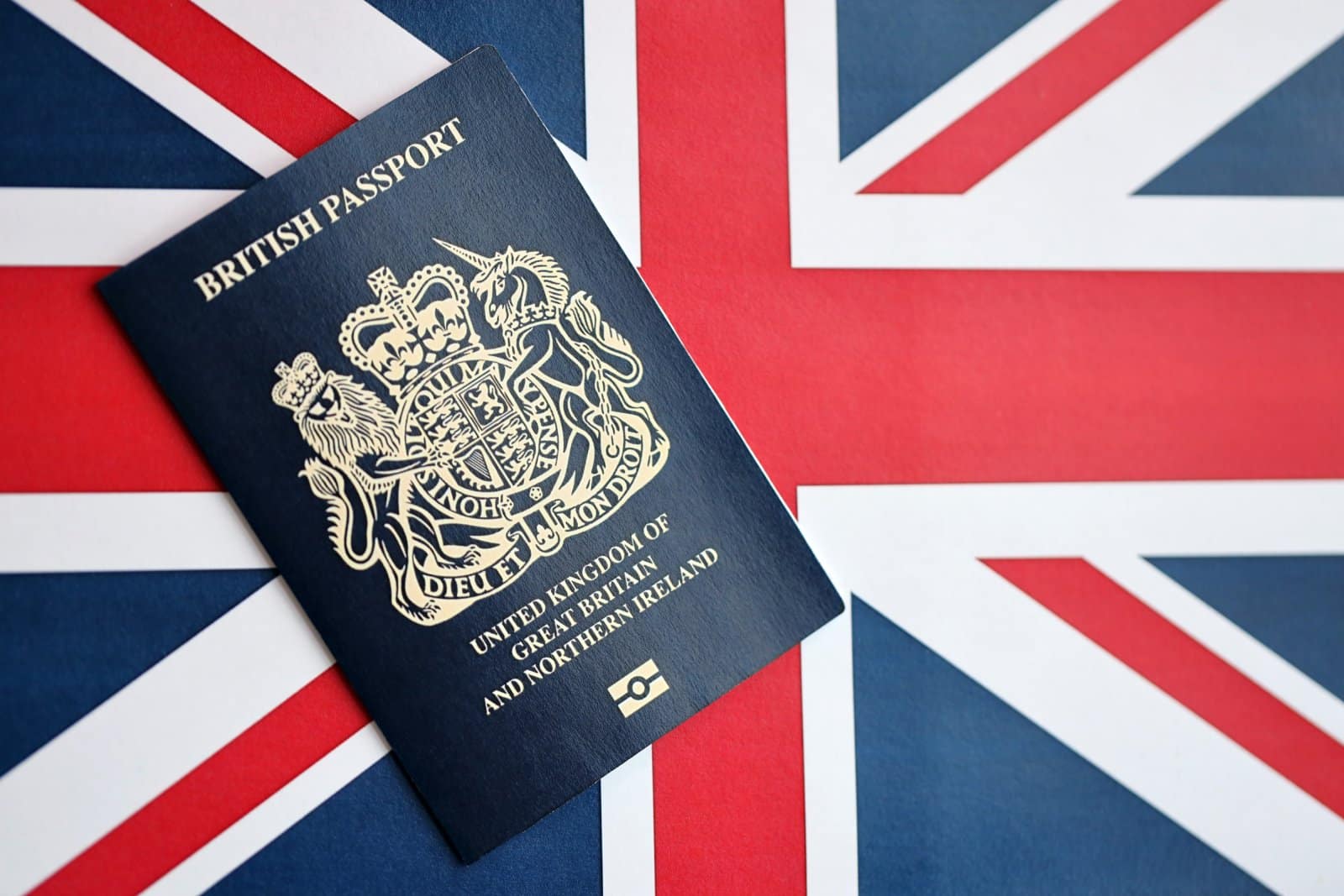
There is a growing sense of national identity crisis, with divisive politics and social issues causing many to question what it means to be British today.
21. Decreased Consumer Confidence

Economic uncertainty has led to decreased consumer confidence, impacting everything from retail spending to housing market stability.
Not So ‘Great’ Britain?

As Britain grapples with these challenges, the notion of ‘Great’ Britain is increasingly under scrutiny. These issues require urgent attention to restore confidence and ensure that Britain remains a vibrant, fair, and prosperous society for all. Whether it’s through policy changes, community initiatives, or individual actions, the time to act is now. Let’s hope the Britain of tomorrow can find its greatness once again.
10 Worst Places to Live in the UK Today
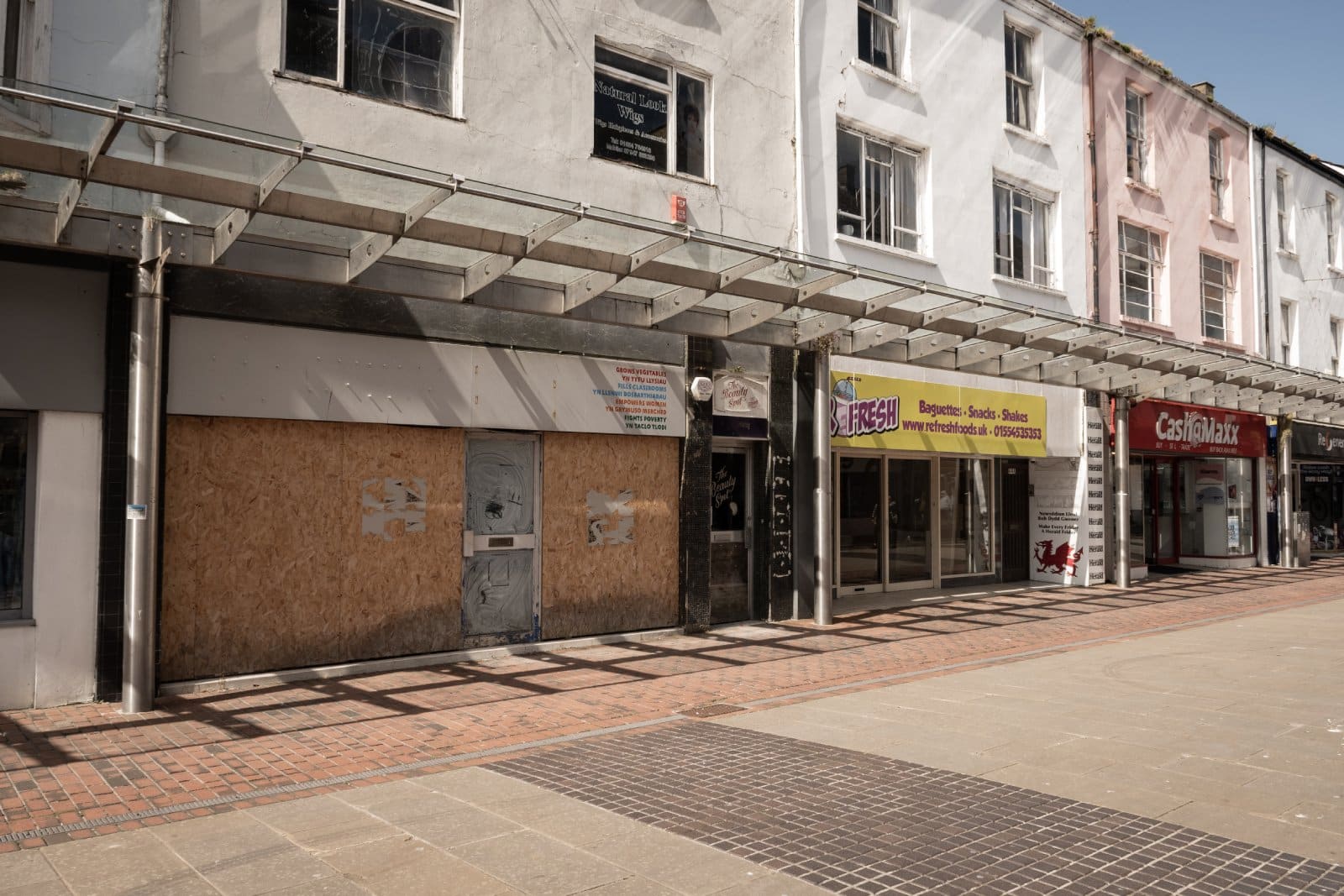
Here’s a look at the 10 worst places to live in the UK, based on statistical analysis and local sentiment, to help you understand the challenges residents may face in these areas. 10 Worst Places to Live in the UK Today
“We Will Never Come to Help You” – Trump’s Hurtful Words Raise Concerns About EU Firepower

It was revealed in a conference in Brussels that former President Donald Trump said in 2020 that the US would “never help” Europe if it was attacked. Now, European nations are grouping to commit more firepower to combat Putin’s threat to democracy. “We Will Never Come to Help You” – Trump’s Hurtful Words Raise Concerns About EU Firepower
Brexit Fallout: 20 Ways the EU Is Falling Apart Without the UK
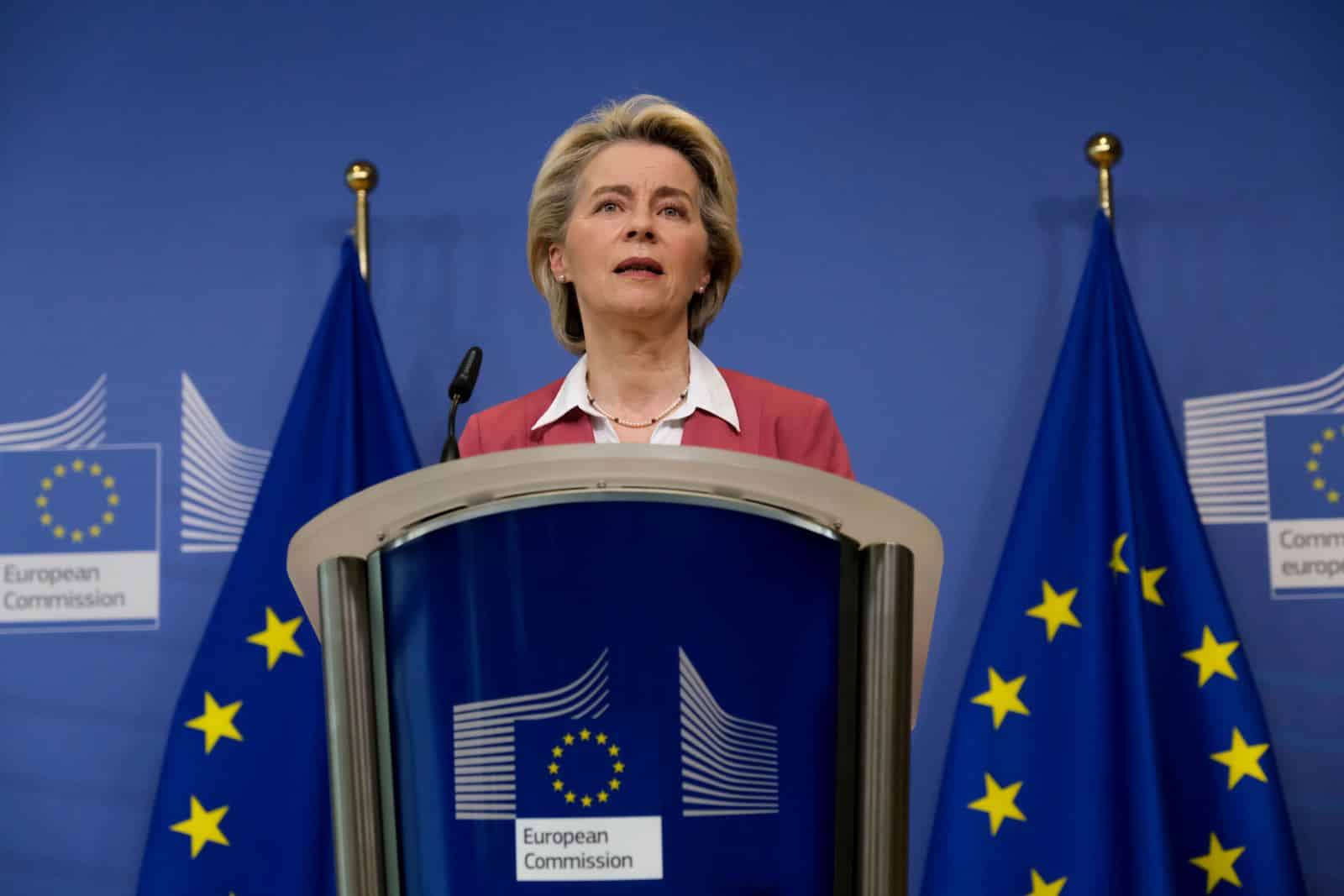
Since Brexit, the EU has been grappling with multiple crises and internal conflicts. Can the bloc hold itself together in these turbulent times? Brexit Fallout: 20 Ways the EU Is Falling Apart Without the UK
The post 21 Reasons ‘Great’ Britain Isn’t So Great Anymore first appeared on Edge Media.
Featured Image Credit: Shutterstock / Melinda Nagy.
For transparency, this content was partly developed with AI assistance and carefully curated by an experienced editor to be informative and ensure accuracy.

